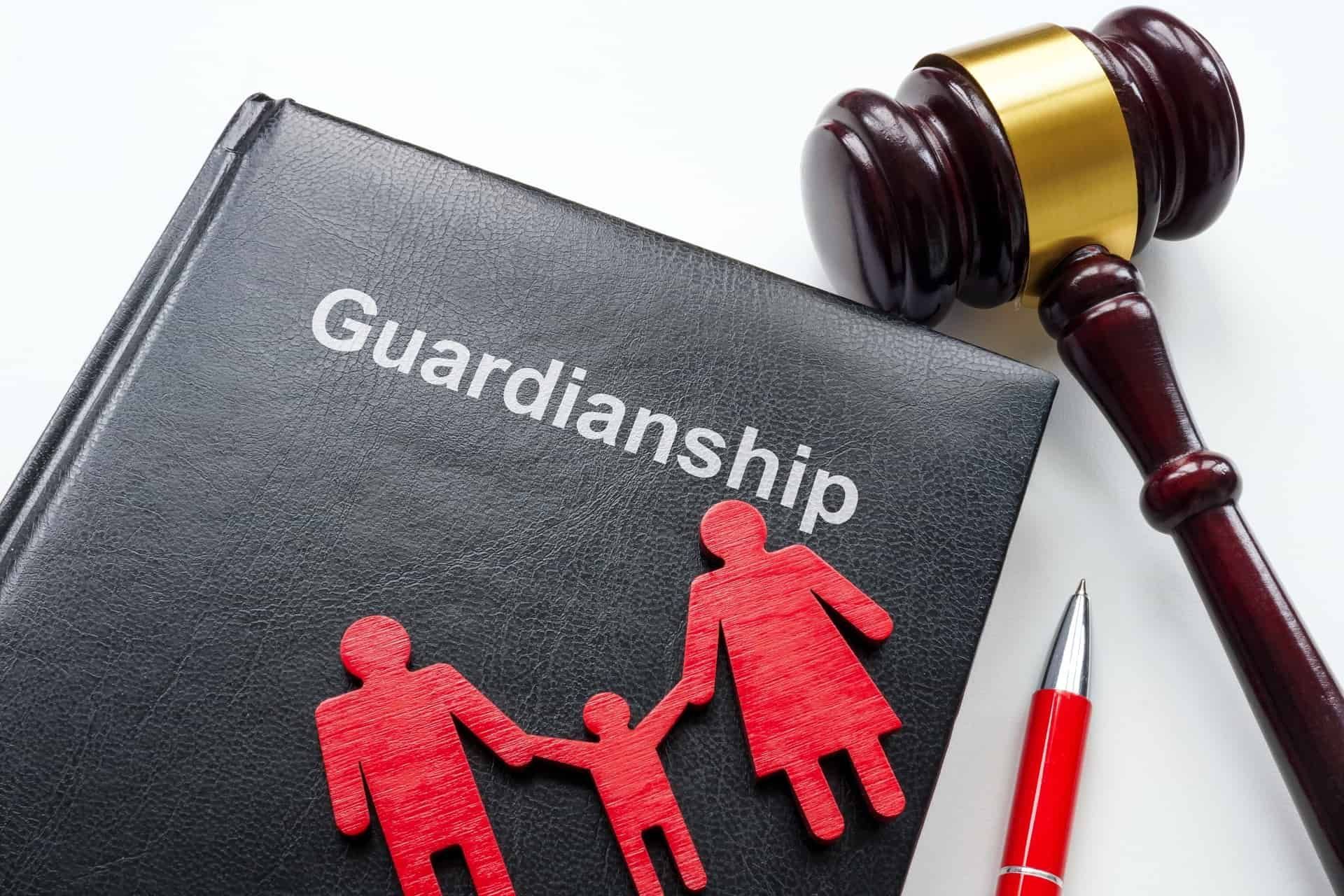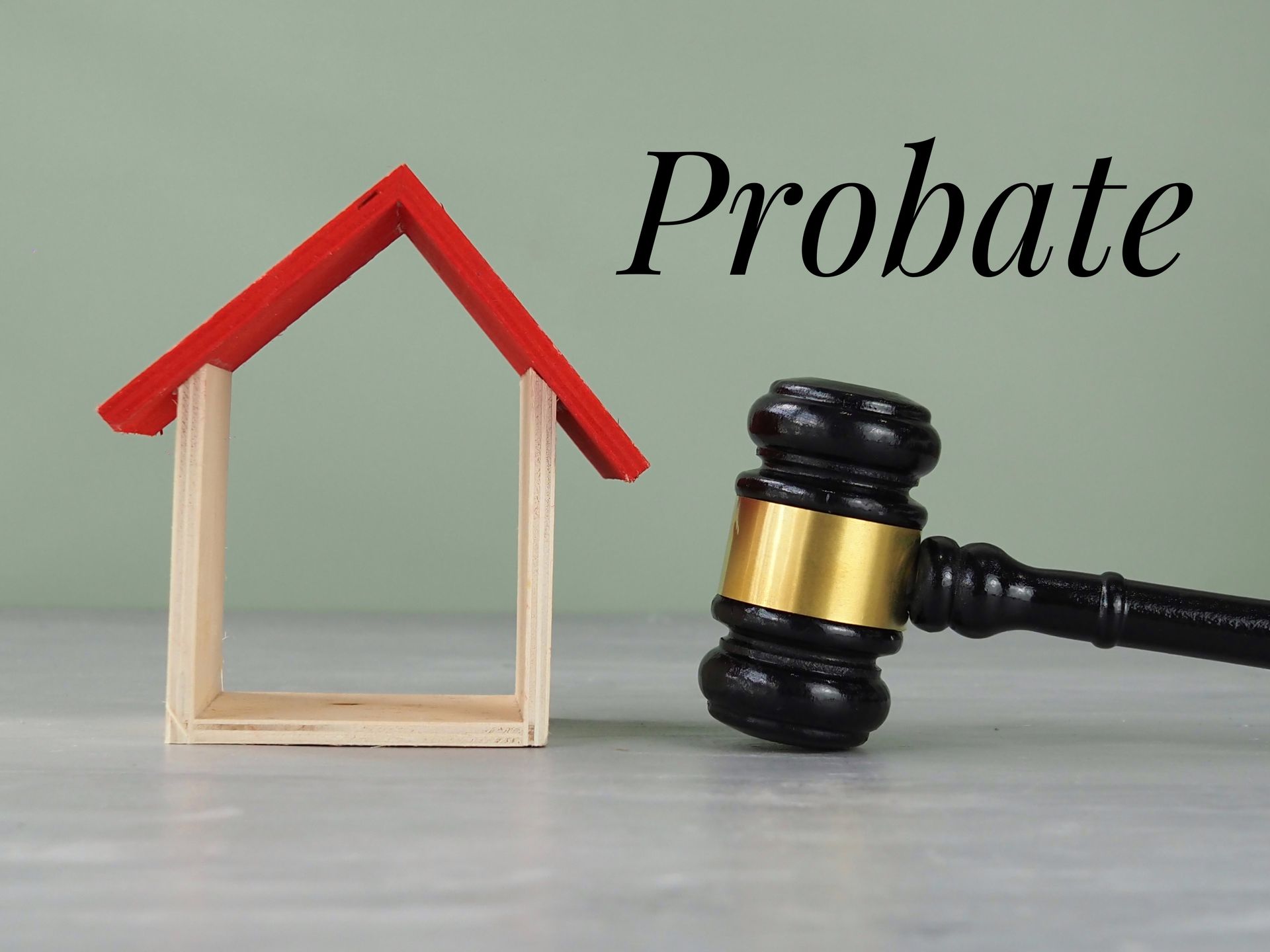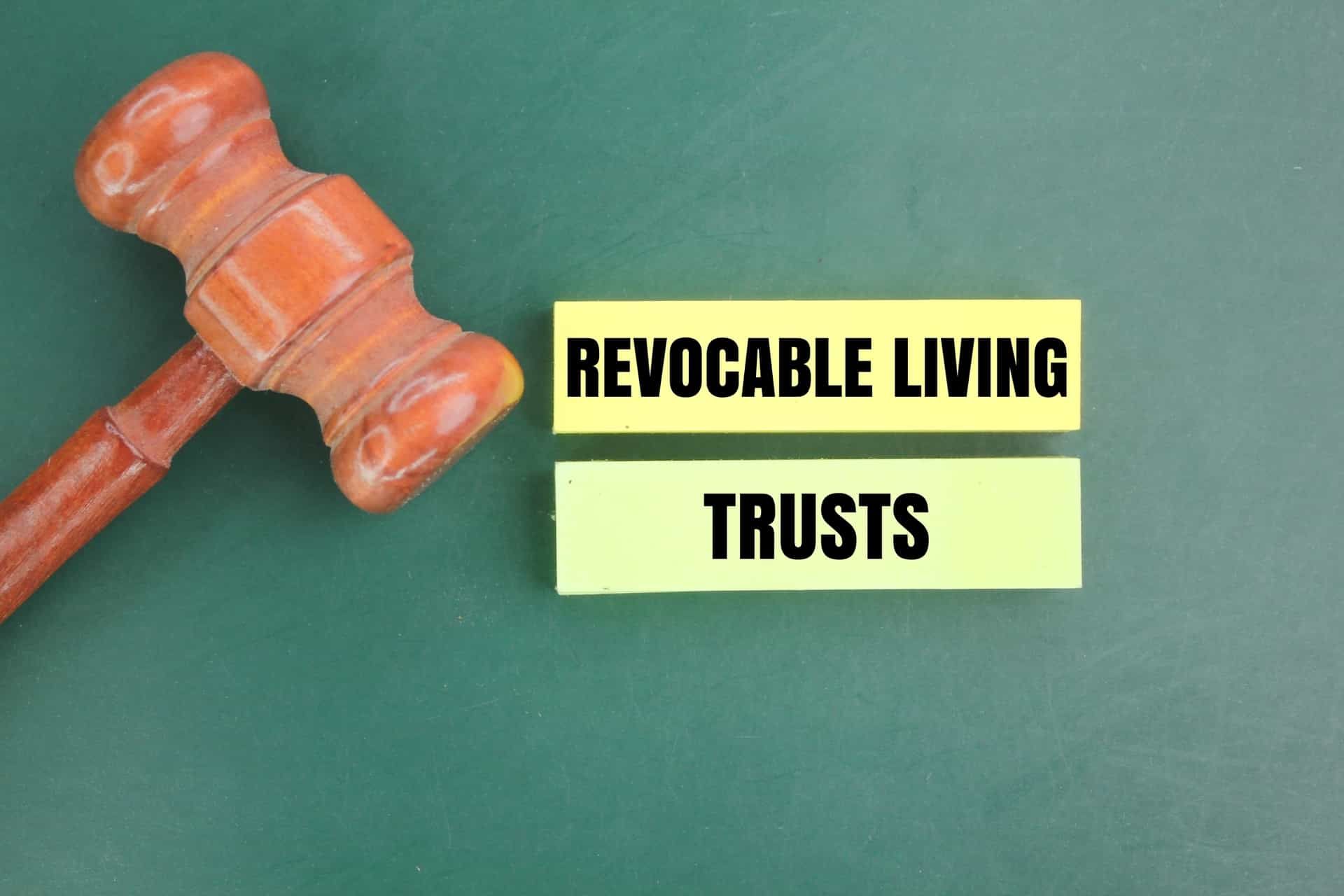Overview of Florida Rule of Judicial Administration 2.516
As a part of the Florida Rules of Judicial Administration, Rule 2.516 provides guidance relating to the filing of papers with the court and service on parties. This rule outlines how petitions, motions, notices, and other pleadings may be filed with a court, as well as associated costs.
It's important that you fully understand Rule 2.516 and the procedures it outlines in order to properly file papers with a court and serve papers on other parties.
In this guide, we will provide an overview of the most important aspects of Rule 2.516, including how to file papers with a court, how to serve papers on other parties, and what associated costs you may incur.
By the end of this guide, you should have a solid understanding of Florida Rule of Judicial Administration 2.516 and be able to confidently file your pleadings.
What Is Florida Rule of Judicial Administration 2.516?
Florida Rule of Judicial Administration 2.516, or the “Attorney Withdrawal from Representation” rule, provides guidance on when an attorney is allowed to withdraw from representing a client in a court proceeding.
The rule outlines that an attorney can only withdraw from representation after obtaining written permission from the court or when the client releases the attorney from representation.
This rule also states that an attorney may terminate their representation of a client if they are unable to continue representing the client because of irreconcilable differences, death of the client, a disabling physical or mental condition of either party or anything else preventing them from continuing with their duties.
The rule further outlines that an attorney must notify their client of their intent to withdraw in writing and provide the other party with a copy. Lastly, if an attorney is granted leave by the court to withdraw from representation, they may be required to furnish a substitute counsel or give some other assurance that the interests of the client will be properly attended to.
In conclusion, Florida Rule of Judicial Administration 2.516 provides guidance to attorneys looking to withdraw from a client on how the process should be handled and what is expected of them. It ensures that clients are properly taken care of in terms of finding a substitute counsel and protecting their interests during this transition period.
When Is Rule 2.516 Applicable?
Rule 2.516 of the Florida Rules of Judicial Administration governs when a judge or justice may accept or reject an agreement to dismiss a civil action, including a class action. As such, it applies to all court proceedings in which such agreements are sought and approved by the court.
Rule 2.516 requires that before entering into any such agreement, both parties must provide the court with a reasonable basis for it, including an explanation of the terms and conditions of the agreement.
The court must then review the agreement to determine whether it is fair and reasonable in light of all parties' interests. If approved by the court, the agreement must be entered into as an order of dismissal.
Rule 2.516 further requires the court to provide notice of the agreement and the reasons for its approval or rejection. This rule also requires that all parties be given a reasonable opportunity to object to any such agreement before it is approved by the court.
The purpose of Rule 2.516 is to ensure that all parties are treated fairly in civil proceedings and that agreements are entered into only when they are reasonable, necessary, and in the best interests of all parties involved. It is important for all parties to understand this rule and comply with its requirements in order to ensure a fair resolution of any civil dispute.
How to File Papers with a Court
Rule 2.516 outlines the requirements for filing documents with a court. The requirements include providing a written statement, either in paper or electronic form, which contains the names of all parties involved. Additionally, you must file two copies of the document along with any required fees and provide proof of service to all parties.
How to Serve Papers on Other Parties
As per Rule 2.516, a party must be served by either delivering a copy of the document to them or by sending it through certified mail, return receipt requested. In addition, you must provide proof of service to the court along with your filing.
1. The
Attorney's Role
Under Rule 2.516, attorneys are responsible for ensuring that the papers they file with a court are properly served on all other parties in the case. This includes providing proof of service to the court and showing how each party was notified of the filing.
2. Filing Requirements
To file papers with a court under Rule 2.516, you must submit a written copy of the pleading that includes the information required by Florida Statutes §45.031.
This includes the name and address of all parties, a statement identifying each document sought to be filed, and a certificate of service signed by you or your attorney. You must also pay any applicable filing fees when submitting papers for filing with a court.
3. Service of Process
When filing papers with a court, you must also provide proof to the court that all parties have been properly served. This can be accomplished by mailing copies of the documents to each party or, in certain cases, delivering them personally. You must also complete and file an
Affidavit of Service with the court indicating how each party was served.
4. Costs
Under Rule 2.516, you may be charged a filing fee when submitting papers for filing with the court, as well as a service of process fee if you are required to serve documents on other parties. Additionally, you may also be liable for any costs associated with preparing and mailing copies of documents to parties.
Contact Doane & Doane if You Have Questions about Rule 2.516
At
Doane & Doane, our experienced attorneys are here to help you with any questions you may have about Florida Rule of Judicial Administration 2.516. This rule deals with the disclosure of confidential information in civil proceedings and also lays out what is expected from the parties involved in such disclosure.
We can provide you with expert advice as to how best to comply with this rule, whether it is as a plaintiff or defendant. We understand the complexities of this issue and can provide you with the necessary guidance to ensure that your rights are protected. So contact us today at
(561) 656-0200 for more information.
The information in this blog post is for reference only and not legal advice. As such, you should not decide whether to contact a lawyer based on the information in this blog post. Moreover, there is no lawyer-client relationship resulting from this blog post, nor should any such relationship be implied. If you need legal counsel, please consult a lawyer licensed to practice in your jurisdiction.
Disclaimer: The information on this website and blog is for general informational purposes only and is not professional advice. We make no guarantees of accuracy or completeness. We disclaim all liability for errors, omissions, or reliance on this content. Always consult a qualified professional for specific guidance.
RECENT POSTS






